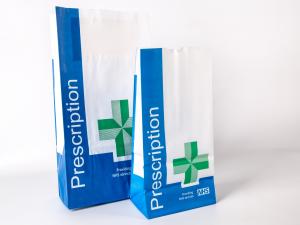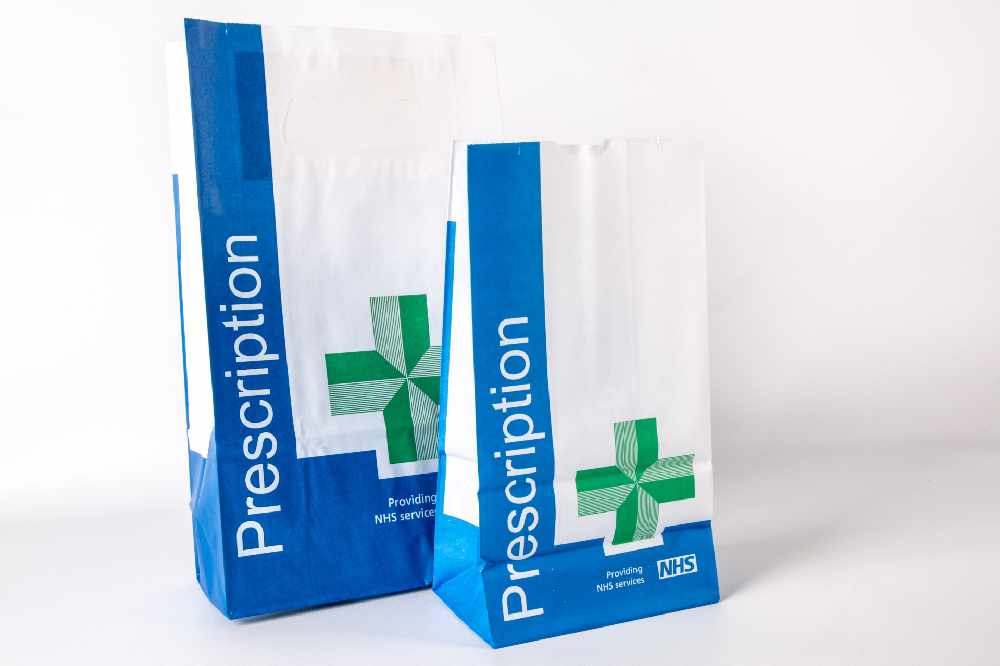
Jonathan McCambridge (PA)
The cost of prescribed medicines in Northern Ireland is exceeding £800 million a year and creating a “huge burden” on health services, the Chief Pharmaceutical Officer has said.
Professor Cathy Harrison said people in Northern Ireland use more of almost every type of medicine than other parts of the UK, including antibiotics and painkillers.
The average number of prescriptions a year in the region is 21 for every person with more than 43 million prescriptions issued.
There is currently no charge for prescriptions in Northern Ireland, but the Department of Health is currently facing significant financial challenges following a budget set by Northern Ireland Secretary Chris Heaton-Harris earlier this year.
Mr Heaton-Harris has instructed senior civil servants, who are running Stormont departments in the absence of the Stormont Assembly, to explore the viability of a number of revenue-raising options, including introducing prescription charges.
Prof Harrison said people needed to “start thinking and talking” about the approach to medicines going forward.
She said: “As we reach the 75th anniversary of the NHS, medicines costs in Northern Ireland are exceeding £800m per year and are the second largest single investment we make in the health service, after staff.
“The average number of prescription items a year is 21 per person, at a cost of £227.
“This cost is the highest in the UK and the volume of prescription items is still rising each year.”
She said there were a range of factors contributing to this situation, including the ageing population and deprivation levels.
Prof Harrison added: “Our use of medicines and associated costs remains too high.
“There is an uncomfortable truth that manifests in the prescribing data for medicines.
“In Northern Ireland, we continue to use more of almost every type of medicine than other parts of the UK.
“That includes more antibiotics, more painkillers, more baby milks, more nutritional supplements, even more oxygen.
“This demand for medicines creates a huge burden on our services, with pharmacies and general practices struggling to meet patient expectations.
“Our community pharmacies currently dispense over 43 million prescription items a year.
“Considering environmental impact, medicines account for about 25% of carbon emissions within the NHS.
“This is understandable if we consider the life cycle of a medicine, from assembly of ingredients, production, packaging, prescription, dispensing and consumption and finally waste disposal.
“There is a need for more sustainable use of medicines and to decrease the carbon footprint and environmental risk that medicines currently create.”
The Chief Pharmaceutical Officer said a proportion of prescriptions could be avoided by the safe management of common, self-limiting conditions by individuals either at home or with advice and treatment from a community pharmacy.



 Concern voiced as next phase of Omagh Bombing Inquiry hearings delayed
Concern voiced as next phase of Omagh Bombing Inquiry hearings delayed
 Four fatal house fires in three days in Northern Ireland ‘deeply concerning’
Four fatal house fires in three days in Northern Ireland ‘deeply concerning’
 ‘Much more to do’ to protect children in NI from sexual exploitation – report
‘Much more to do’ to protect children in NI from sexual exploitation – report
 Woman in critical condition after she's struck by car in Belfast
Woman in critical condition after she's struck by car in Belfast
 Man dies following road accident in County Fermanagh
Man dies following road accident in County Fermanagh